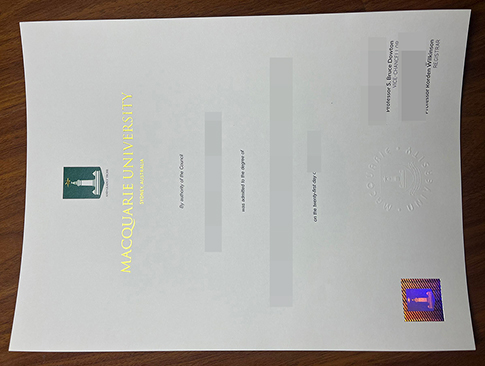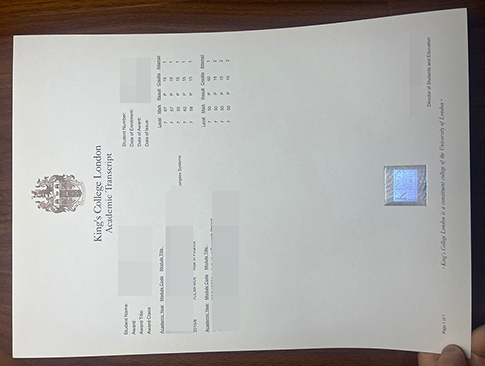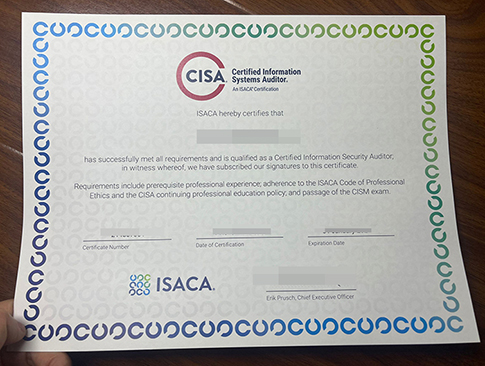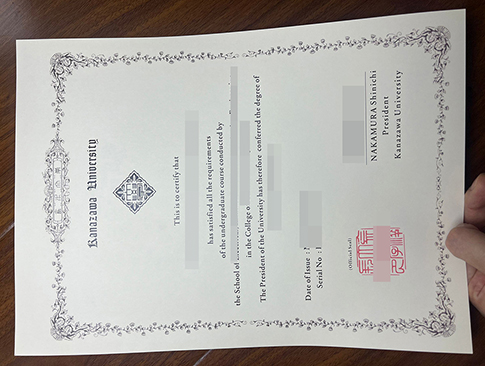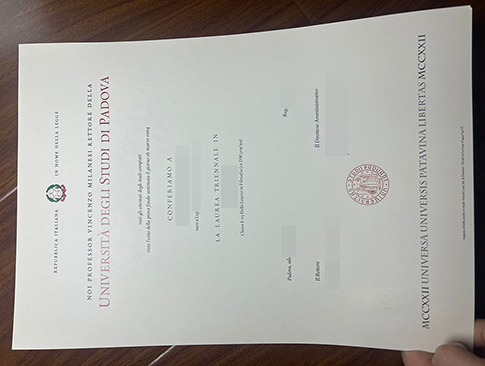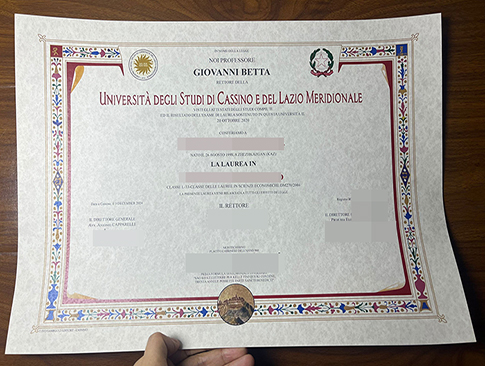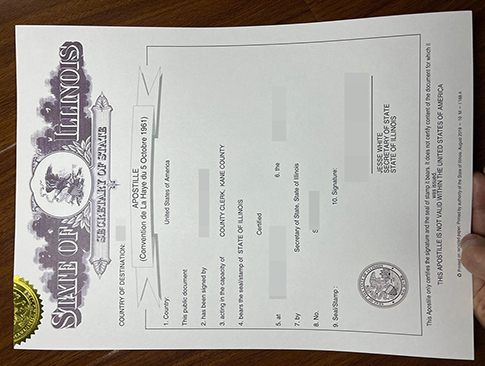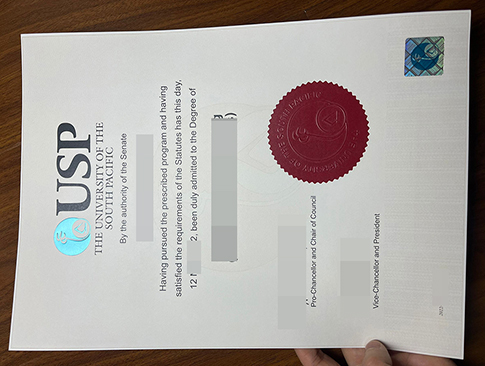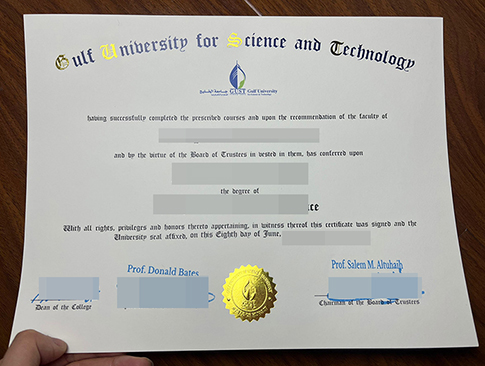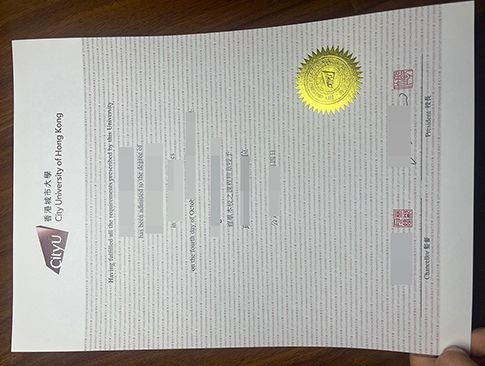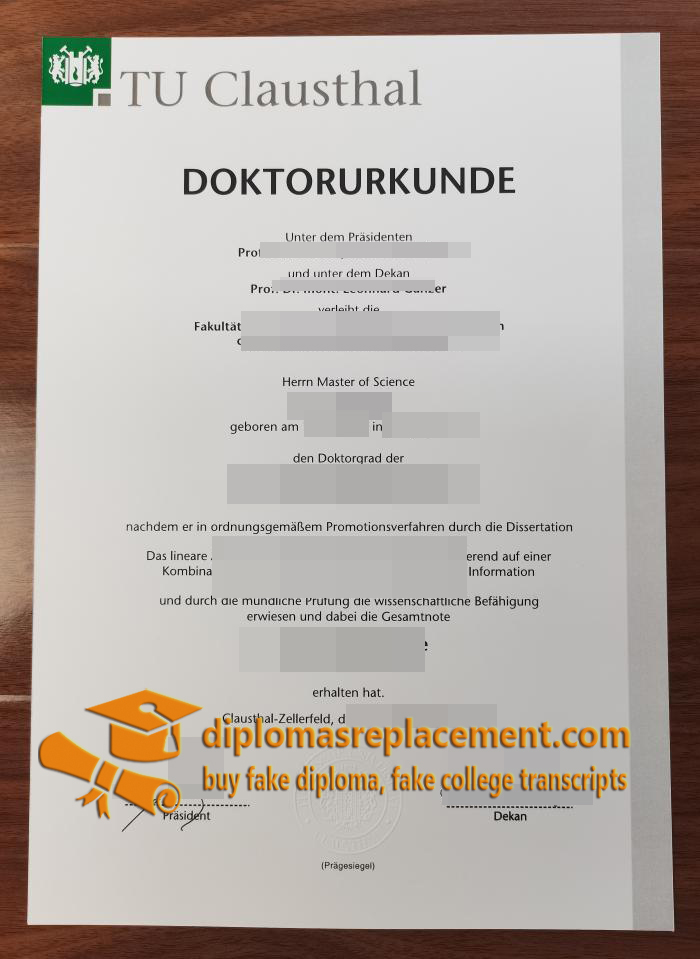
TU Clausthal (full name Technische Universit Clausthal) is one of the famous industrial universities in Germany and a university that can award doctoral degrees. buy a fake TU Clausthal Urkunde, Let’s take a look at the introduction of TU Clausthal.
The school is located in Clausthal-Zellerfeld, Lower Saxony, Germany, where the humanities and natural environment are good. TU Clausthal is a public university funded by the federal government. The school has excellent teaching, scientific research, and living facilities, which provide objective and material guarantees for students to complete their university studies.
The best place to order a fake TU Clausthal Urkunde certificate online.
The teaching and scientific research level of TU Clausthal ranks among the best in German universities. Many majors such as metallurgy, energy system engineering, mechanical engineering and automation, mining, and petroleum engineering are world-famous. TU Clausthal Urkunde replacement, Today, the research and teaching focus of Clausthal University is on energy engineering, petroleum and gas engineering, environmental engineering, chemical engineering, materials science, mechanical engineering, process engineering, information engineering, economic science, and mixed marginal science degree courses of natural science and engineering science.
The university has close cooperative relations with many German multinational companies. Clausthal University of Technology has the highest per capita research funding among German universities. The funding from companies not only brings more research funds to the university but also provides students of Clausthal University of Technology with paid internships during their university studies and job opportunities after graduation.
TU Clausthal has 95 professors, 1,050 teaching staff, and more than 4,600 students. It is the smallest public university directly under the Ministry of Education in Germany and the university with the highest per capita research funding. buy a TU Clausthal Urkunde, Through cooperation with foreign universities (32 partners) and future disciplines (such as radioactive and chemical waste treatment), about 30% of the students are international students, and Chinese students account for about 11% of the total number of students in the school.

